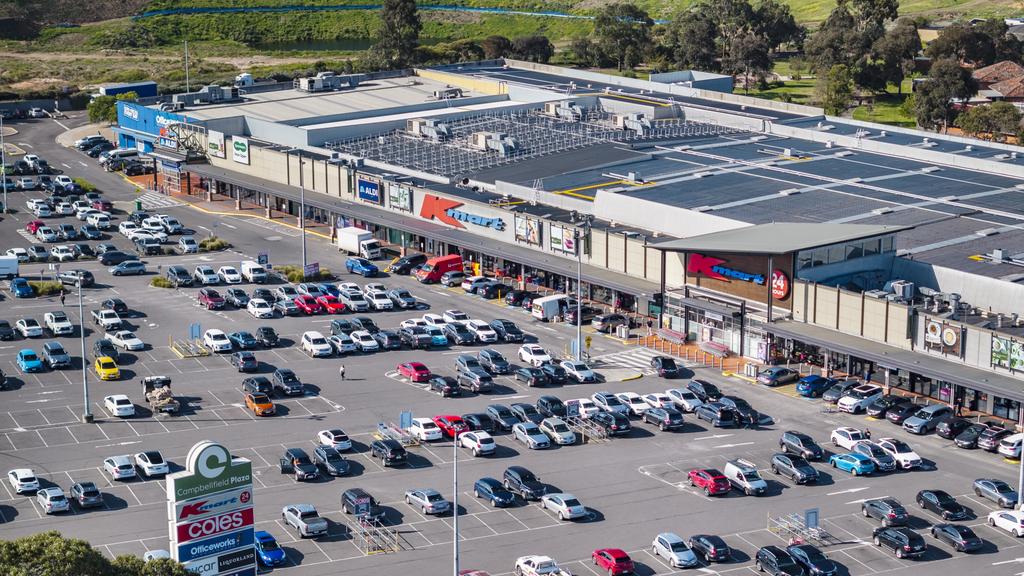Charter Hall targets super funds with retail portfolio expansion

One of the assets in the $2.5bn Charter Hall Convenience Retail Fund
Funds manager Charter Hall believes domestic and international capital will chase convenience retail assets as the sector enters an upswing.
The $2.5bn Charter Hall Convenience Retail Fund has just been added to the MSCI/Mercer Australia Core Wholesale Property Fund Index, which will put it on the map for superannuation funds and offshore investors.
The new vehicle had already exceeded fundraising expectations, and snapped up a series of shopping centres along the eastern seaboard, as well as interests in assets already on the Charter Hall platform. The company has a convenience retail business with a $16bn platform. It is now looking to expand its network, giving it a greater presence as it deals with retailers nationally.
The company is also offering a stable alternative after major investors in funds run by rivals either rebelled or rejected major purchases. Traditional retail wholesale funds focused on large malls had been under pressure because of their low returns after being hit by the e-commerce revolution and the Covid-19 crisis.
Charter Hall analysis shows the assets in its fund generated returns of about 9.4 per cent annually, putting them well ahead of the larger mall-owning funds.
The fund invests in metropolitan convenience shopping centres, with a minority allocation to metropolitan net-leased retail assets, predominantly leased to the Bunnings Warehouse business across Australia.
Charter Hall chief executive David Harrison is bullish about convenience retail assets and the company’s ability to consolidate in the still-fragmented industry. Recent plays include a move on Melbourne’s Burwood One Shopping Centre and Sydney’s Chullora Marketplace.
Mr Harrison said the company always aimed to have its pooled funds included in the MSCI Index, which serves as the key index for domestic and global institutional investors to measure their Australian property returns.
“As the largest manager of office and convenience retail assets in Australia, and one of the largest industrial real estate owners and managers, the inclusion of CCRF now provides our investors with a suite of funds spanning three core sectors, including retail, industrial and office,” he said.
The company sees an edge in being able to offer specialist retail, office and industrial funds.
“We consider this index increasingly important under the government’s league table initiatives, which publish comparative super fund returns. Our funds aim to outperform the core index, so our investors property return performance outperforms this key benchmark,” Mr Harrison said.







